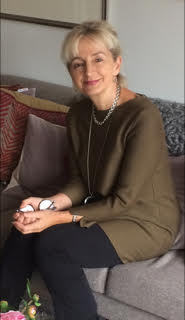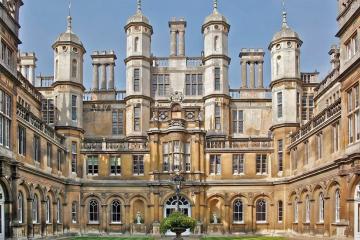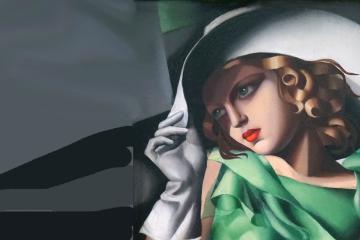A look at the history and production of William Morris’s wallpapers and textiles and the different ways in which they were used.
William Morris was a man of prolific talents and herculean energy. He was by turns an artist, a poet, a manufacturer, a conservationist and a revolutionary socialist, and he was also a designer of stained glass, interior decoration, embroideries, furniture, illustrated books and painted tiles. But it is as a designer of repeating patterns that Morris is probably best remembered today. He was a one-man pattern-making phenomenon, creating over 50 wallpapers and 60 printed and woven textiles in just 25 years. Many of these designs exemplify his celebrated injunction to “have nothing in your house that you do not know to be useful or believe to be beautiful” and illustrate his insistence on skilled craftsmanship and high-quality materials. This lecture examines the history and production of Morris’s wallpapers and textiles and some of the different ways in which they were used. It also considers why they continue to have such an impact on designers today.
How to book this event:
All Arts Society Wensum members are welcome to attend this event without booking.
THE ARTS SOCIETY ACCREDITED LECTURER

Ms Joanna Banham
Jo Banham is a freelance curator, lecturer and writer. From 2006-2016 she was Head of Adult Learning at the Victoria & Albert Museum, and before that Head of Learning and Access at the National Portrait Gallery, and Head of Public Programmes at Tate Britain. She has also been Curator of Leighton House and Assistant Keeper at the Whitworth Art Gallery. She has published on many aspects of Victorian and early 20th century decoration and interiors. She is currently curating an exhibition on William Morris and the Arts and Crafts Movement for the Juan March Fundacion in Madrid and the Museu Nacional d’Art Catalunya in Barcelona. She is also Director of the Victorian Society Summer School.
OTHER EVENTS
A day trip to the magnificent Burghley House near Stamford.
Built by William Cecil to honour his queen, Elizabeth I.
A true art deco diva.




